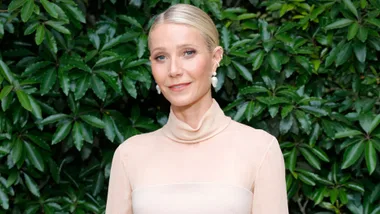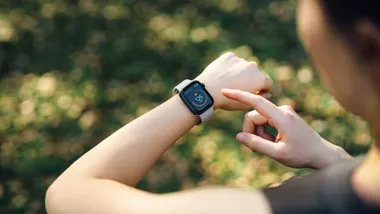All of us at one stage or another have experienced feelings of sadness, loss or grief. Quite often, we say that we’re feeling depressed. But what exactly is depression? Here, we explore the clinical definition of an illness that effects on average one in five Australians.
From The Australian Women’s Weekly Health Series – Depression, out of the shadows.
Depression is a devastating illness. It robs people of their capacity to enjoy the basic pleasures of life – eating, drinking, mixing with friends, having sex, working hard, spending time with children. Depression has a marked impact on a person’s capacity to think, feel and respond to those around them. It is not possible to carry on with normal work, social or family functions if you are seriously depressed. People with depression withdraw, blame themselves and commonly do not expect anyone else to understand them or help them to get professional care.
Depression causes a wide variety of bodily changes, including disturbances of the immune system, hormones, heart and gut. People with depression become physically ill as well as emotionally disturbed. They not only die early as a consequence of suicide and accidental death, but also from increased abuse of alcohol and tobacco as well as increased rates of heart disease.
Depression is recognised as a major health challenge. By 2020 it will be second only to heart disease as the leading cause of death and disability. It’s a problem that blights many lives – and, at last, there are treatments and strategies that recognise its importance, and provide ways to restore happiness, balance and optimism.
This up-to-date guide is an excellent source of information for any person experiencing depression, as well as common drug, psychological and alternative treatments. Importantly, it is a book that offers answers – and hope – to people with depression, their families and friends.










